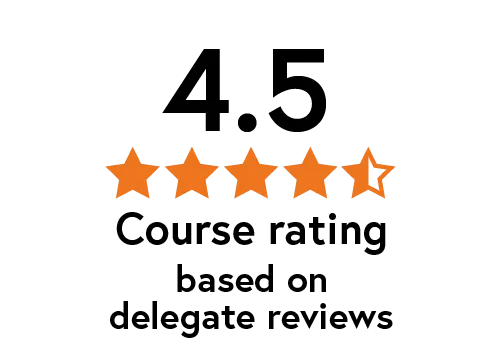

The programme of this well-established course is updated year after year to provide you with the most up-to-date contemporary training on signalling and control systems.
This year, the course has been split into two parts giving you the option to attend the whole course (Parts A and B) or part of it (Part A or Part B).
Part A is live virtual and will cover the fundamentals of signal and control systems as well as, signal system design. Part B will be delivered in-person focussing on systems implementation and includes the technical visit.
This course is in partnership with IRSE, Institution of Railway Signal Engineers.
Duration: six days
CPD hours: 48
UK-SPEC: A,B,E
Delegate rating: 4.5/5

Go to Registration
The course is ideal for anyone moving into train control engineering, both for graduate engineers and more experienced engineers looking to add to their knowledge base.
Go to Programme
For Chartered Engineers: “use a combination of general and specialist engineering knowledge and understanding to optimise the application of advanced and complex systems.”
For Incorporated Engineers: “Use a combination of general and specialist engineering knowledge and understanding to apply existing and emerging technology”
For Engineering Technicians: “Use engineering knowledge and understanding to apply technical and practical skills.”
For Chartered Engineers: “apply appropriate theoretical and practical methods to analyse and solve engineering problems.”
For Incorporated Engineers: “apply appropriate theoretical and practical methods to design, develop, manufacture, construct, commission, operate, maintain, decommission and recycle engineering processes, systems, services and products.”
For Engineering Technicians: “shall contribute to the design, development, manufacture, construction, commissioning, decommissioning, operation or maintenance of products, equipment, processes, systems or services”
For Chartered & Incorporated Engineers: “demonstrate a personal commitment to professional standards, recognising obligations to society, the profession and the environment.”
Engineering Technicians: “shall demonstrate a personal commitment to an appropriate code of professional conduct, recognising obligations to society, the profession and the environment.”